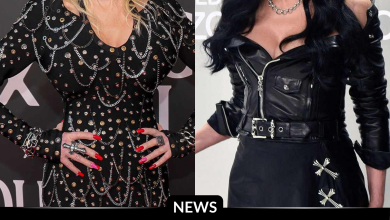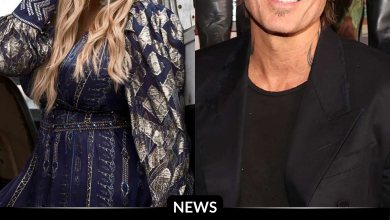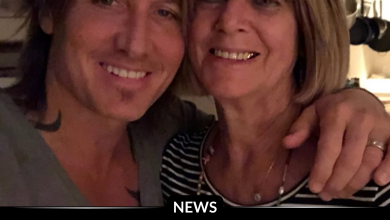Whitney Houston nearly walked away from one of her most defining ballads — until her mother offered eight words that reframed its purpose
OPINION: This article may contain commentary which reflects the author's opinion.
There is a now-famous story from the making of Whitney Houston’s 1985 debut album in which one of her greatest hits — and one of the most recognisable empowerment ballads of the decade — was close to being cut.
The song was “Greatest Love of All.”
Houston was young, making her first full-length LP, and trying to position herself at the crest of a contemporary R&B and pop moment. To her ears at the time, the ballad sounded overly sentimental — even slightly outdated — and she reportedly questioned whether it matched the modern energy that the rest of the album was aiming for.
the eight words that changed the outcome
When producer Michael Masser and Clive Davis struggled to convince her, they went to someone Houston trusted without hesitation: Cissy Houston.
After listening to the track, Cissy gave a short response that has since become part of music-business lore — eight words that, according to the story, changed the entire equation:
“The world needs that song right now.”
With that, the focus shifted from questions of trend alignment to the potential impact of the message itself.
decades later, the results speak for themselves
Released as a single in 1986, “Greatest Love of All” became Houston’s third straight No.1 on the Billboard Hot 100. The album went on to sell more than 22 million copies worldwide.
More importantly, the song became something larger than a chart statistic — it became a multi-generational anthem tied to graduations, personal milestones, and cultural celebrations of self-worth.
a reminder of how close classics can come to not existing at all
There are many stories like this in pop history — songs nearly deleted, singles nearly rejected, records almost pulled back because they did not feel “current enough.”
This one stands out because the turning point was not a marketing argument, not a focus-group metric, but a quiet statement from one artist-mother to her daughter:
sometimes a song’s cultural purpose is clearer than its fashion.



